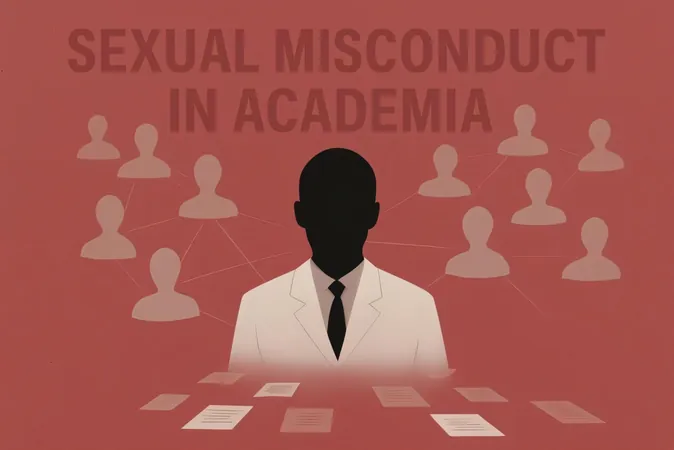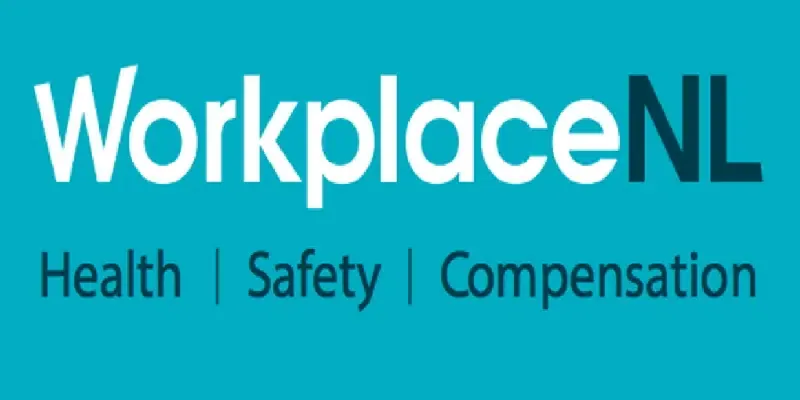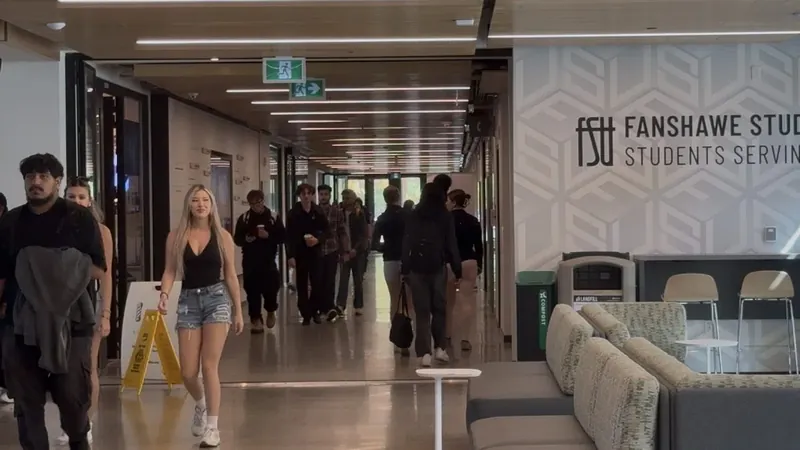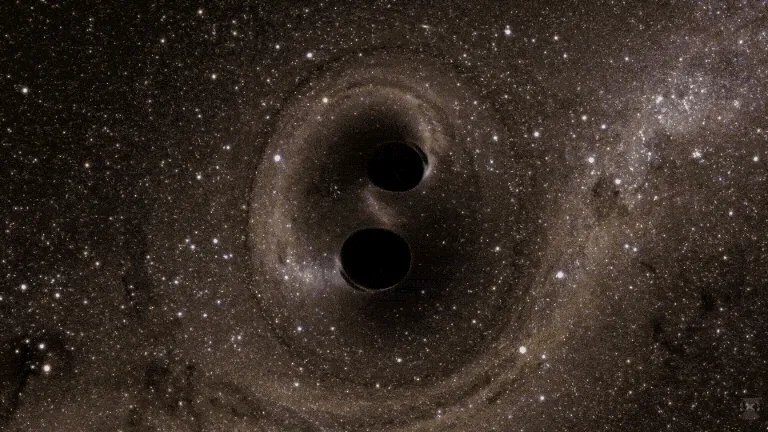
Is Sexual Misconduct in Science Underreported Compared to Research Fraud?
2025-09-16
Author: Amelia
The Battle for Integrity in Science
Science is more than just a collection of studies; it's a community dedicated to advancing our understanding of the world. However, the integrity of this pursuit is now under scrutiny as new research reveals a troubling disparity in how the scientific community addresses various forms of misconduct.
New Study Sheds Light on Sexual Misconduct
A groundbreaking study published in The Review of Economics and Statistics by Rainer Widmann, Michael E. Rose, and Marina Chugunova dives deep into this issue, examining the consequences of sexual misconduct in academia. While flawed research typically invites serious repercussions, the question remains: Does harmful behavior unrelated to research integrity receive equal attention?
What the Researchers Discovered
The researchers compiled data from 210 scientists at U.S. research-intensive universities who faced allegations of sexual misconduct between 1998 and 2019. Their analysis highlighted an alarming trend: after allegations emerged, the cited works of these individuals suffered visibly in terms of academic recognition.
Their findings reveal a notable drop in citations for the accused, especially among close colleagues, underscoring how tightly-knit co-authorship networks can amplify the repercussions of such allegations. Interestingly, the impact of these allegations appears more pronounced in collaborative male peer groups, hinting at deeper cultural implications within specific fields.
Consequences Beyond Citations
The authors of the study also found that the fallout from sexual misconduct extends beyond diminished citations. Alleged perpetrators tend to publish and collaborate less frequently afterward, and many even exit the academic sphere entirely.
A Call for Action in the Scientific Community
These findings highlight a crucial point: the scientific community does respond to sexual misconduct, albeit in a context that should not inherently challenge the validity of the associated research. This study ignites a vital conversation about how to better confront misconduct and solidify professional norms within science.
With collaboration becoming increasingly vital in modern research, the results of this study offer essential insights for professional organizations aiming to foster integrity and wellbeing in scientific endeavors.









 Brasil (PT)
Brasil (PT)
 Canada (EN)
Canada (EN)
 Chile (ES)
Chile (ES)
 Česko (CS)
Česko (CS)
 대한민국 (KO)
대한민국 (KO)
 España (ES)
España (ES)
 France (FR)
France (FR)
 Hong Kong (EN)
Hong Kong (EN)
 Italia (IT)
Italia (IT)
 日本 (JA)
日本 (JA)
 Magyarország (HU)
Magyarország (HU)
 Norge (NO)
Norge (NO)
 Polska (PL)
Polska (PL)
 Schweiz (DE)
Schweiz (DE)
 Singapore (EN)
Singapore (EN)
 Sverige (SV)
Sverige (SV)
 Suomi (FI)
Suomi (FI)
 Türkiye (TR)
Türkiye (TR)
 الإمارات العربية المتحدة (AR)
الإمارات العربية المتحدة (AR)